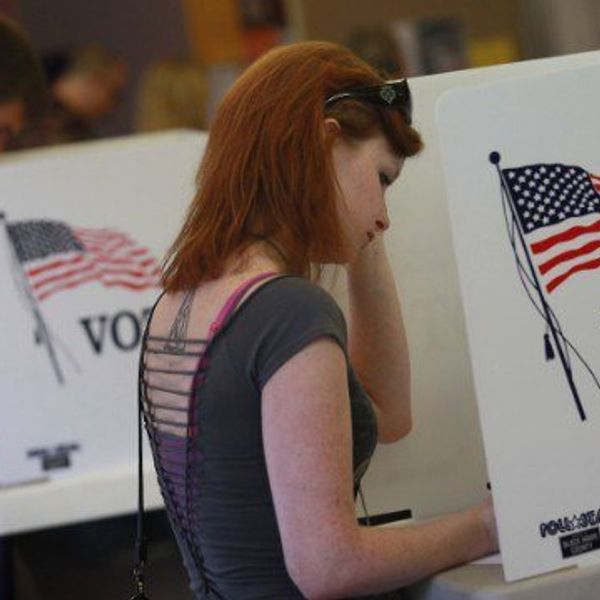In the past, Americans have been more likely to base relationships and dating from religious and racial standpoints, whereas millennials have been proven to evaluate world and political views as premise in choosing relationships.
In 2012, Elizabeth Williamson wrote a piece for the Wall Street Journal, addressing “Inter-Political Dating,” stating a trend on the research thereof. In Williamson’s words: “politically active singles won't cross party lines.”
Media outlets such as The Wire on the east coast and CNN have also addressed political ideals as spark-starters or deal-breakers in relationships. The debate is: Which beliefs or preferences are more important?
When my parents dated, religion and race were top concerns when it came to dating or courting on the man’s behalf. People were more likely to date people with racial, moral or religious views in common than political or world views.
“When we were younger, we cared more about sharing religious outlooks and morals than political or world issues but it doesn’t seem that way now that our kids are dating,” my mother said. “We were much less likely to date someone of a different race or religion.”
I also asked my peers what they evaluated as more important: Whether racial and religious aspects of a person were more or less important than that person’s world or political views.
“I look more into a woman's spiritual views because spirituality trumps politics and things going on in the world because those things eventually change,” said Trevor, 23, falling along the lines of what our parents believe were more important.
“I definitely look more into religious beliefs, I feel like that's a part of life that you're not supposed to compromise with, said Ennija, 22. “All the other stuff is just extra, but if we can't relate on a religious level then I don't see much of a foundation for us.”
Some, however, believe religion or spirituality are more important, but still view political and world outlooks as important aspects of relationships because either similarities or difference could very well be ways to debate and to learn from one another.
“When dating, there are a number of things that just have to be present when looking for a partner. He must be a man who believes in the word of God, whether he identifies with Christianity isn't a huge factor, but believing the word and faithfully investing time to pray is important to me,” said Chelsey, 24. “I'm not too big on politics, but I am willing to be a student in case I find someone who takes politics very serious. When it comes to worldly views, he HAS to be understanding. I'm a very open-minded person, and before I give my opinion I want time to reflect and think about my foot being in the shoe of a victim, as well as just a bystander. I want someone who isn't going to base his thoughts simply on his inner emotions without even thinking about the emotions of others or understanding their views.”
Lastly, some of our generation genuinely believe that in this day and time, political and world views are more important, especially as Americans.
“Although having the same spiritual views is very important to me when it comes to a relationship, I by no means can maintain a long term relationship with someone with such drastically different world views than me,” said Robin, 25. “I consider myself pretty spiritual. So that's a big thing for me when it comes to relating and bonding with someone. However if me and someone have drastically different world views i know it will never work. I tend to get on my soap box more times than not when it comes to talking about injustices in the world. How can I possibly relate to someone who stands for everything I'm against?”
Based on these opinions, one can draw that our parents’ ideals are instilled in us, but as millennials, we address politics and national/world issues more than couples have in the past. With mass shootings worldwide, police killings in our own neighborhoods, and the current political race in America, millennials in this country view our suitors as more socially responsible and relatable when they are aware of the issues, making them better partners for us.




















